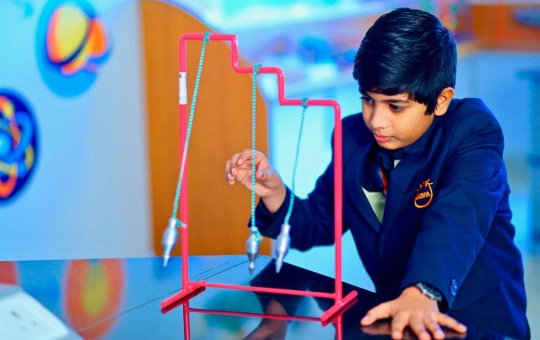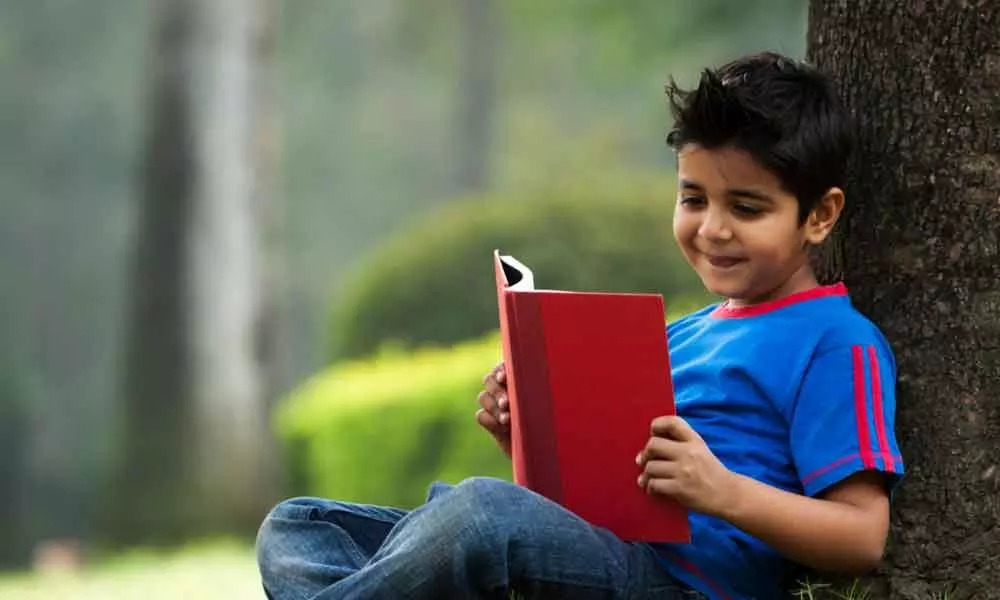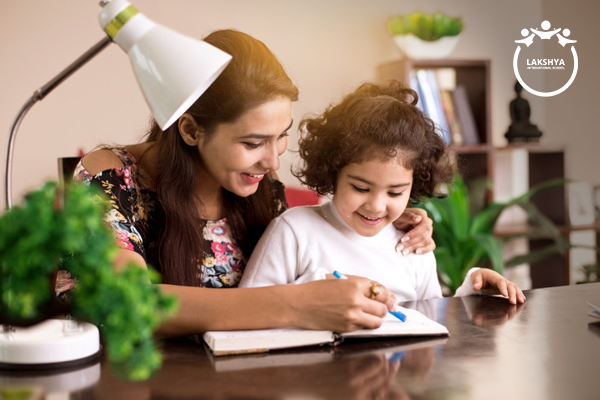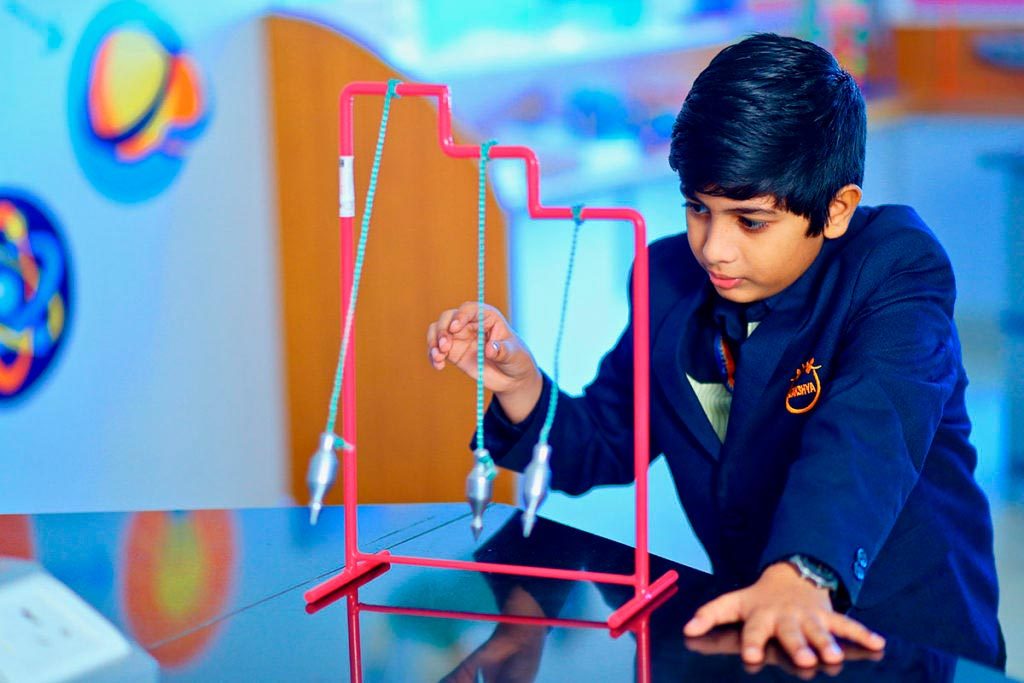Mon
3
Jul9 Ways How Playtime Enhances Children’s Development
Playtime is not just a recreational activity; it is a crucial aspect of a child’s development. Engaging in play offers children a wealth of opportunities to explore, learn, and grow in various domains. From physical development to social skills, cognitive abilities to emotional well-being, playtime plays a pivotal role in shaping a child’s overall development.
As explained by Lakshya, one of the best schools in Kakinada, here explore nine ways in which playtime enhances children’s development.
1. Physical Development
Playtime is essential for promoting physical development in children. Active play including running, jumping, climbing, or engaging in sports helps children develop their gross motor skills, balance, coordination, and strength. It contributes to the healthy growth of muscles and bones, fostering physical fitness and overall well-being.
2. Cognitive Development
Playtime stimulates cognitive development by providing opportunities for problem-solving, critical thinking, and imaginative play. Building with blocks, solving puzzles, or engaging in pretend play all require children to use their cognitive skills. Play also enhances memory, concentration, and attention span, promoting intellectual growth.
3. Social Skills
Playtime offers a platform for children to interact with their peers, siblings, and parents, helping them develop crucial social skills. Through play, children learn how to share, take turns, negotiate, and cooperate. They develop empathy, communication skills, and the ability to understand and respect others’ perspectives. These social skills are vital for building relationships and navigating the social world.
4. Emotional Regulation
Play provides children with a safe space to express and regulate their emotions. Pretend play allows them to explore different roles and emotions, helping them understand and manage their feelings. Additionally, playing with others teaches children how to handle conflicts, manage frustration, and practice self-control, leading to emotional resilience and well-being.
5. Language and Communication
Playtime fosters language and communication skills in children. Engaging in conversations during play, or playing with language-based toys and games, children develop vocabulary, sentence structure, and communication fluency. The play offers opportunities for language exploration, storytelling, and expression, strengthening their verbal and nonverbal communication abilities.
6. Creativity and Imagination
Playtime encourages children to unleash their creativity and imagination. Engaging in pretend play, children learn to think outside the box, explore different possibilities, and create unique solutions. Nurturing creativity at a young age promotes innovation, problem-solving skills, and a sense of self-expression.
7. Fine Motor Skills
Playtime involving arts and crafts, puzzles, or manipulating small objects enhances children’s fine motor skills. Activities like coloring, cutting, and building with small blocks develop hand-eye coordination, finger dexterity, and precision. These skills are vital for later tasks such as writing, drawing, and self-care activities.
8. Cultural Understanding
Play can expose children to different cultures, traditions, and perspectives. Toys, games, and stories from various cultures help children develop an appreciation for diversity and foster cultural understanding. This exposure nurtures empathy, respect, and openness to different worldviews, laying the foundation for global citizenship.
9. Problem-Solving and Decision-Making
Playtime provides children with opportunities to face challenges and solve problems independently. Resolving conflicts during pretend play, children develop critical thinking skills and learn to make decisions. These problem-solving abilities are essential for navigating real-life situations and becoming independent individuals.
As parents, it is crucial to recognize the significance of play and provide children with ample time and space for unstructured, imaginative play. By doing so, we can support their holistic growth, helping them thrive and reach their full potential.
Lakshya School, the top school in Kakinada understands the importance of playtime in children’s overall development. We also believe that play is an integral part of a child’s learning journey, and we are committed to nurturing their holistic development through meaningful play experiences.











Leave a Reply
Your email address will not be published. Required fields are marked *